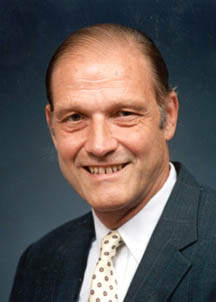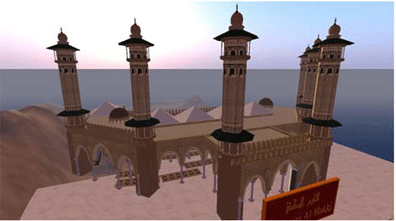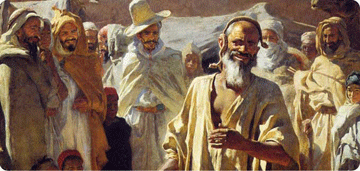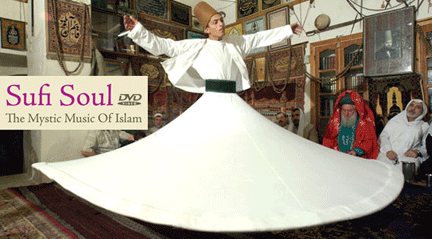
Repairing American public diplomacy
by William Rugh, Arab Media and Society, Winter, 2009
It is widely believed among academics who study the subject, and among former practitioners, that public diplomacy has not achieved its full potential,[1] and we are hopeful that the Obama Administration will now solve some of its problems. This essay focuses on the most important challenges, which in many ways concern broadcasting to the Arab world.
Public diplomacy is of course not a panacea. America’s foreign policy decisions such as the Iraq war, or its policies at home such as the Patriot Act and Guantanamo detentions, have been strongly criticized abroad, undermining our international reputation and respect. Public diplomacy by itself cannot eliminate all criticism of our policies. It can only help to mitigate objections by explaining the U.S. government’s reasons for these policies, and by reminding foreign audiences of the aspects of America they still admire, in its society, culture and political system.
It is also true that the election of Barack Obama, which has generated a generally positive reaction around the world, will not by itself burnish America’s tarnished image abroad. His new policies may help, but misunderstandings of the United States will continue, out of ignorance or deliberate distortion. Public diplomacy programs can help present an accurate picture of America to foreign audiences, a task more important than ever in this age of 24/7 information proliferation.
What are the systemic problems hindering U.S. public diplomacy and how can the Obama Administration fix them? Continue reading Repairing American public diplomacy





